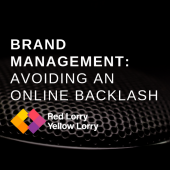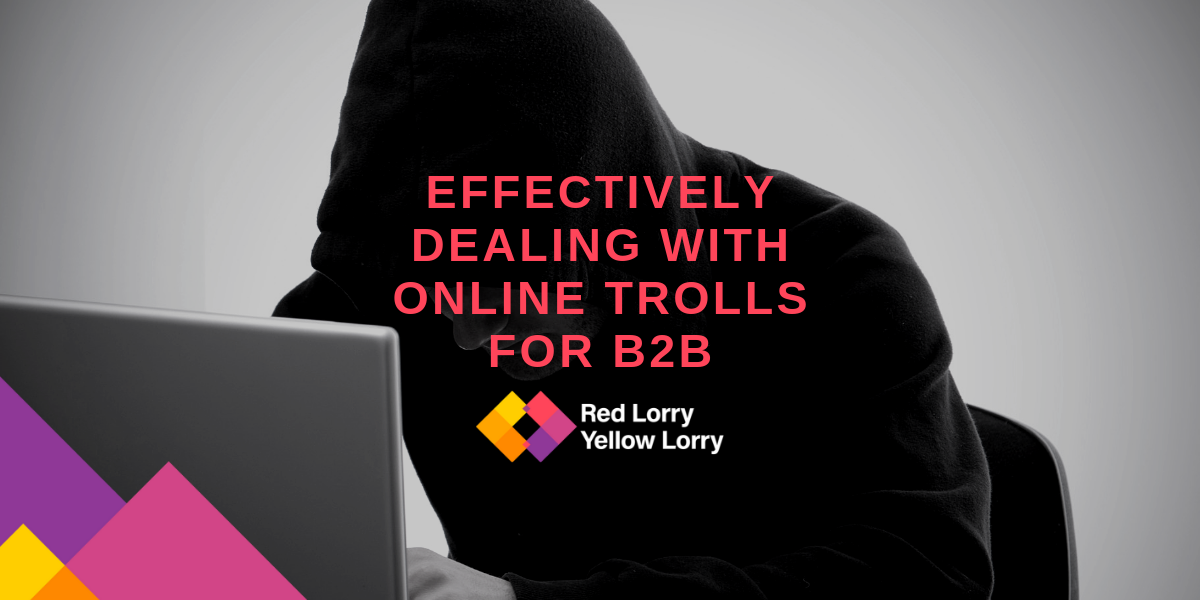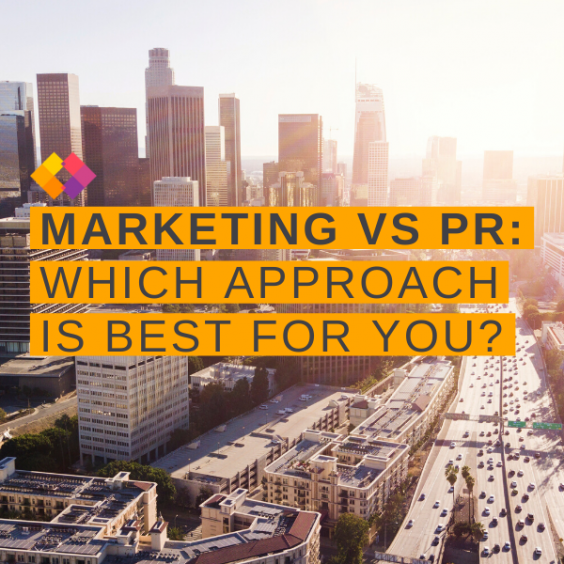Earlier this month, Disney announced it had found its Ariel for the live-action remake of its 1989 classic The Little Mermaid, in actress Halle Bailey. While most people celebrated the inspired casting, a small contingent of internet trolls unleashed their collective anger, and #NotMyAriel was soon trending on Twitter.
For these critics, Disney had disrespected the origins of the story (and their childhoods, apparently) by replacing a white, red-headed cartoon mermaid with a black actress. The irony is that Disney’s version of the Hans Christian Andersen fairy tale is itself a sanitized revision of the source material’s dark and depressing story – but that’s neither here nor there. What’s significant is that these trolls successfully took over the media narrative of what was supposed to be a routine casting announcement for Disney.
What are trolls, exactly?
Internet trolls are as old as the world wide web itself. Most are essentially just online rabble-rousers – very angry people airing their grievances over some perceived slight against them or their beliefs. These flames are sometimes fanned by more insidious trolls who exploit tensions to intentionally sow discord and division among different groups of people online. They do it simply because they think it’s funny, or to hurt a brand’s reputation. Then there are the well-organized and well-funded trolling operations, often wielded for political purposes (like the Russian troll farms and the 2016 U.S. Presidential election).
The good news is that most b2b organizations won’t experience a trolling operation on the scale of Disney’s The Little Mermaid; or when Brie Larson was cast as Captain Marvel because the superhero was male in the comic books; or when the all-female reboot of Ghostbusters was announced (I’m sensing a theme here…).
But, any business with a social media presence will likely encounter a few online trolls at some point. It just comes with the territory.

Suggested Post
Brand management: avoiding an online backlash
In this day and age, brand management on social media is fraught with peril lurking in every corner. Millions of people have...
Read MoreTroll wrangling
In a perfect world, everyone who follows you on social media would be interested in knowing more about your brand and its products – but that’s not always going to be the case. Here’s what to do if you find yourself dealing with a troll infestation:
- Distinguish between complainers and hecklers. Not all angry people are trolling. It may be that they have a very legitimate complaint or criticism, which should be acknowledged and responded to. When it comes to dealing with these types of people, the best course of action is to kill them with kindness. Ask what you can do to help resolve the issue and offer to take the conversation offline. But, it’s important that this approach is authentic, and not just for show. Your audience can tell the difference.
- Determine which trolls warrant a response. Sometimes, the most effective way to deal with a troll is to ignore them. If you deprive them of the attention they’re seeking, they’ll try to find it elsewhere. Only engage with these trolls if you need to publicly correct misinformation they’re spreading about the company. But, for the most part, don’t take the bait.
- Cultivate a positive online persona. Prepare for trolls by fostering a positive social media experience. Always take the high road, and don’t let your emotions get the better of you. Focus on building your following and community. Those that feel truly invested in your brand will come to your defense if your feeds are ever infiltrated by trolls.
- Report and block, don’t delete. While you may be tempted to just delete posts, don’t. It can sometimes raise questions that the business is trying to hide something, and pretty soon your troll has made themselves the center of a conspiracy. Instead, report their profile through the proper channels – and block them. The exception, of course, is if the post violates your community standards (by containing vulgar or violent language, for example) – but even then, report first and take a screenshot before deleting.
- Try humor. Some brands have taken to responding to trolls with humor to help defuse the situation. Wendy’s, for instance, gained headlines for its handling of a heckler questioning the chain’s “never frozen” slogan. This can be tricky, since it requires a special kind of wit and self-awareness. It also has to fit within the brand’s public social media persona. So, proceed with caution!
- Have a crisis plan. Hope for the best; prepare for the worst. Create an action response plan for how to deal with trolls online, and identify the proper channels for reporting profiles on each social media platform. Ensure that the entire team adheres to best practices not just on the company pages, but personal pages too (they might try going after your CEO, for instance).
Dealing with online trolls can be a scary prospect – but in the vast majority of cases, it’s just people seeking attention. Though trolls can strike randomly at any time, sometimes brands unwittingly make themselves a target through ill-considered social media practices or overhasty retaliations. Keen self-awareness and staying alert to potential triggers are therefore key.
For more information on the subject, check out our recent blog on how to avoid an online backlash. If you need assistance managing your PR or marketing, drop us a line at hello@rlyl.com or visit our contact page.
Sign up to our newsletter


